'Replacement cost' insurance appraisal ?
kitchendetective
12 years ago
Featured Answer
Sort by:Oldest
Comments (14)
allison0704
12 years agolast modified: 9 years agoRelated Professionals
Saint James Architects & Building Designers · Syracuse Architects & Building Designers · Fargo Home Builders · The Crossings General Contractors · Arkansas City General Contractors · Elgin General Contractors · Fort Salonga General Contractors · Gainesville General Contractors · Genesee General Contractors · Jackson General Contractors · Pasadena General Contractors · Pico Rivera General Contractors · Port Saint Lucie General Contractors · Shorewood General Contractors · Woodmere General Contractorskitchendetective
12 years agolast modified: 9 years agobetaiota
12 years agolast modified: 9 years agochisue
12 years agolast modified: 9 years agomjsee
12 years agolast modified: 9 years agoLuAnn_in_PA
12 years agolast modified: 9 years agonycefarm_gw
12 years agolast modified: 9 years agobrickeyee
12 years agolast modified: 9 years agoRestoreGuy64
12 years agolast modified: 9 years agobrickeyee
12 years agolast modified: 9 years agoRestoreGuy64
12 years agolast modified: 9 years agobrickeyee
12 years agolast modified: 9 years agomepop
12 years agolast modified: 9 years ago
Related Stories

REMODELING GUIDESThe Dos and Don'ts of Home Appraisal
Selling your house? These tips from the pros will help you get the best possible appraisal
Full Story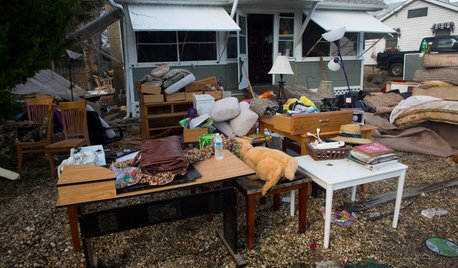
DISASTER PREP & RECOVERYHow to Prep for Disaster Insurance Claims
Tools and tips for making an inventory list, documenting damage to your home, and working with your adjuster
Full Story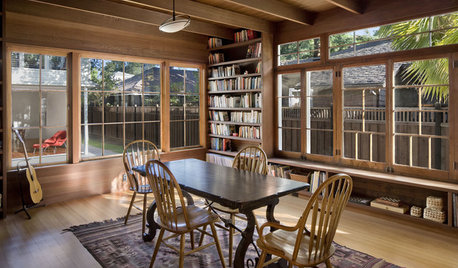
REMODELING GUIDESReplace vs. Restore: The Great Window Debate
Deciding what to do with windows in disrepair isn't easy. This insight on the pros and cons of window replacement or restoration can help
Full Story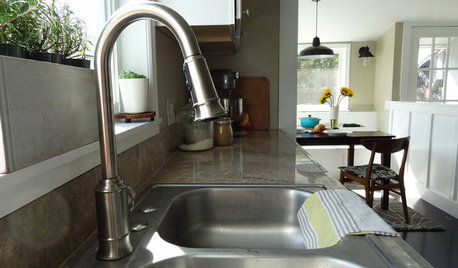
DIY PROJECTSHow to Replace Your Kitchen Faucet
Swap out an old faucet to give your kitchen a new look — it's a DIY project even a beginner can do
Full Story
MOVINGHiring a Home Inspector? Ask These 10 Questions
How to make sure the pro who performs your home inspection is properly qualified and insured, so you can protect your big investment
Full Story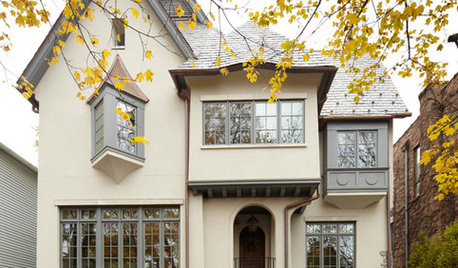
HOUSEKEEPINGHow to Tackle Your Home To-Dos
Make quick work of minor repairs and replacements with this thorough, step-by-step approach
Full Story
FLOORS10 Ways to Make the Most of Your Home’s Original Floors
Save yourself the cost of replacing your old floorboards with these tips for a new finish
Full Story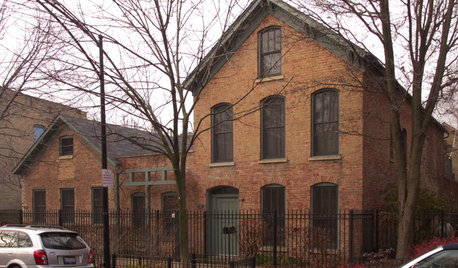
ARCHITECTUREModern and Traditional Converge on Coveted Chicago Blocks
As newer structures replace old on a pair of desirable streets, architects are challenged with how best to bring in modern styles
Full Story
HOUZZ TOURSMy Houzz: Luminous and Low Maintenance in New Orleans
See the new build that replaced a hurricane-ravaged house, beginning a new chapter for a retiring couple
Full Story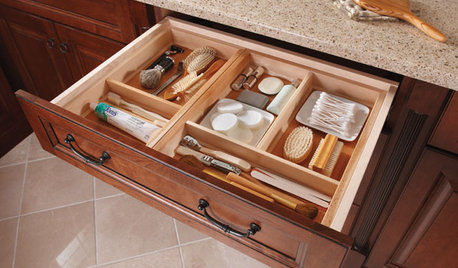
MOST POPULARHow to Create an Inventory, Whether You're Naturally Organized or Not
Documenting your home items is essential, even if disaster seems unimaginable. And it may be easier than you think
Full Story







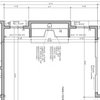
brickeyee